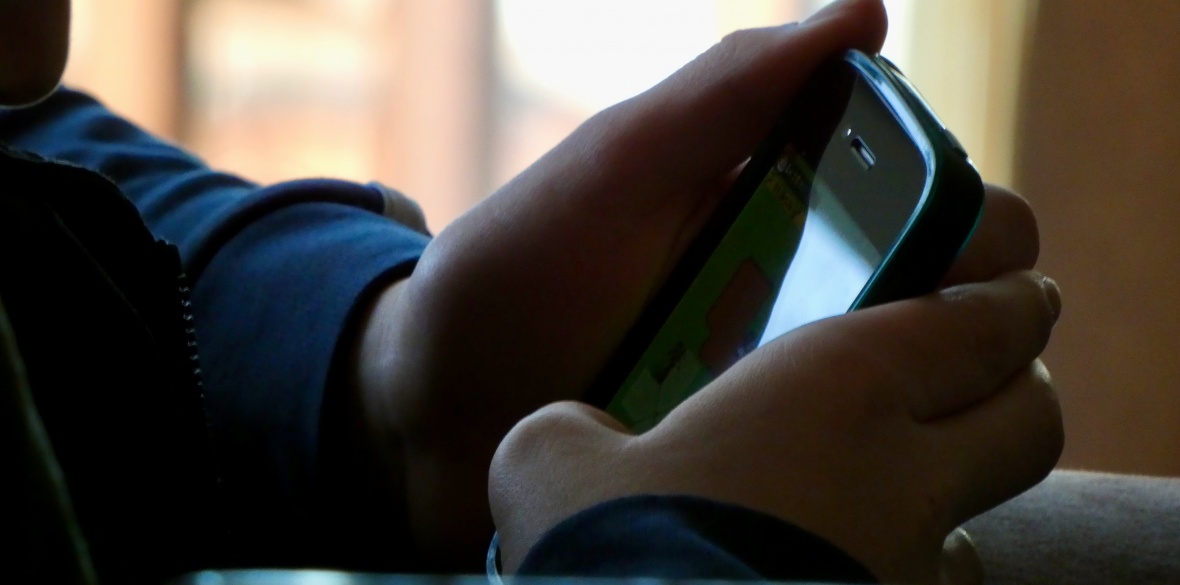This is the last article you can read this month
You can read more article this month
You can read more articles this month
Sorry your limit is up for this month
Reset on:
Please help support the Morning Star by subscribing here
CHINA has opened a month-long consultation on sweeping restrictions on smartphone use by children.
The Cyberspace Administration has published draft guidelines of a standardised “minor mode” setting that would apply to phones and sync with apps, with different settings for children under three, those from three to eight years old, eight to 12, 12-16 and 16-18.
Hong Kong-traded shares in digital companies TenCent, Bilibili and Kuaishou all fell in value on the news.
This would block content considered age-inappropriate for each group, which includes subjects being discussed for stricter regulation in many Western countries, such as suicide, pornography and eating disorders, but also topics considered superstitious such as fortune-telling. A system of parent-controlled exemptions would apply.
More controversially, it would also place time limits on phone use, with those under eight limited to 40 minutes a day and even 16-18-year-olds limited to two hours a day online.
A curfew would also kick in, stopping smartphones from providing services between 10pm and 6am. Pop-ups would encourage users to take screen breaks after set amounts of time on an app.
Certain functions such as phone calls would continue to operate.
The Cyberspace Administration said early iterations of “minor mode” settings showed they had had a “positive impact in reducing youth internet addiction and the impact of undesirable information.”
People have until September 2 to respond to the consultation.
Internet addiction has been a key concern of the Xi Jinping administration, which brought in a three-hour-a-week limit for online gaming in 2021, with state media labelling gaming “spiritual opium.”
Officials cited mental health concerns as well as statistics showing worsening eyesight among children spending too much time looking at screens.
The regulations also introduced limits on the amount children could spend on and within online games and — being rolled out alongside a crackdown on private tuition — was billed as a social leveller and a means of encouraging children to spend more time outdoors.
The Xi government has established large student volunteer programmes, including ones associated with its anti-poverty campaigns which see students in wealthy cities spend their summers volunteering on projects in deprived areas.
Mr Xi himself spent seven years working in a village in Shaanxi province during the Cultural Revolution, when children deemed privileged were sent to learn from the peasants in Chairman Mao’s Down to the Countryside Movement.











